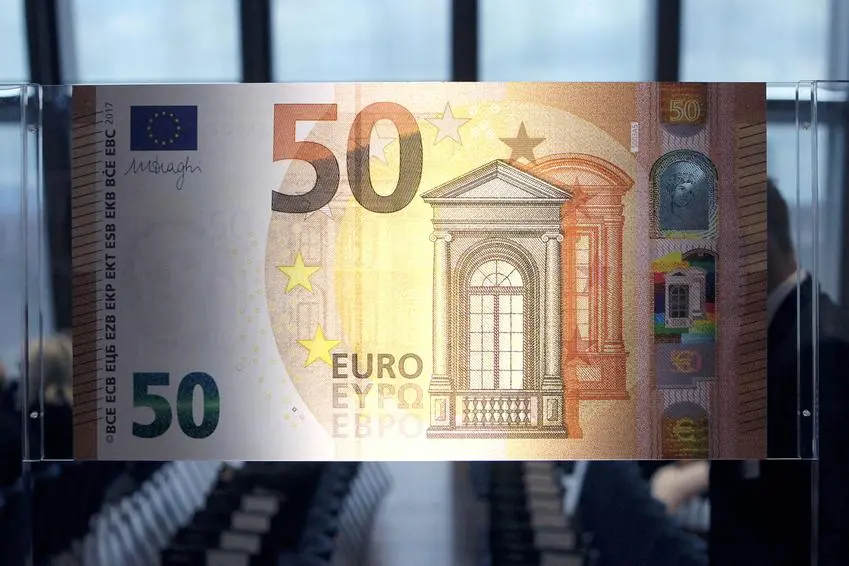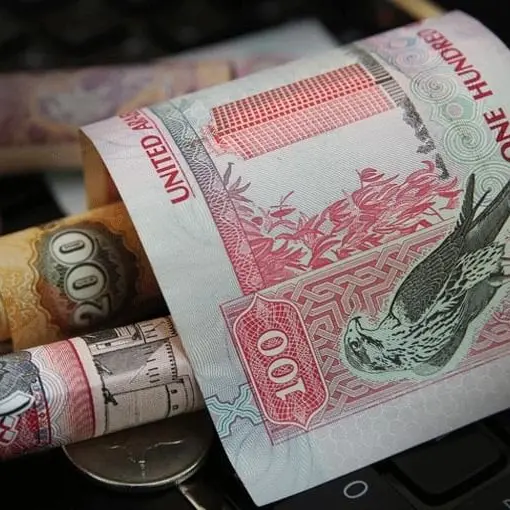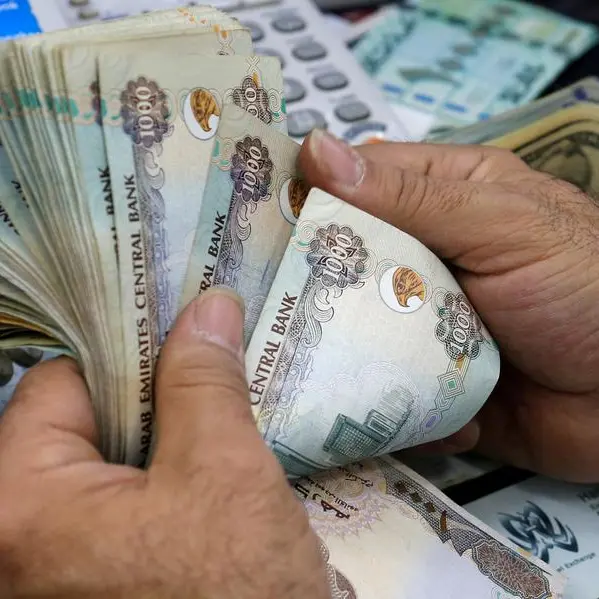PHOTO
Euro zone bond yields were little changed on Tuesday after falling sharply the previous day, although Italian yields ticked higher, with the focus on speeches from European Central Bank officials and inflation data due later in the week.
Germany's 10-year bond yield was last unchanged on the day at 2.555%, after falling 9 bps on Monday. Yields fall as bond prices rise, and vice versa.
Yields in Europe and the U.S. have tumbled since hitting their highest levels in more than a decade in October, as a slowdown in inflation has made further interest rate hikes less likely. Germany's 10-year yield has dropped from a 12-year high of 3.024% in early October.
Italy's 10-year bond yield was last up 3 basis points (bps) at 4.334% on Tuesday after falling 10 bps on Monday. It is down from 5.025% last month, an 11-year high.
The gap between Italy and Germany's 10-year bond yields was last up 3 bps at 177 bps. It fell to a two-month low of 170 bps earlier in November.
Strategists at Societe Generale said the rise in the spread was likely because ECB officials have started to talk more about the ECB's pandemic-era bond holdings. Maturing debt from the holdings is currently being reinvested, supporting euro zone bond markets.
ECB President Christine Lagarde said on Monday that the central bank may soon discuss whether to end reinvestments early in its 1.7 trillion euro ($1.86 trillion) Pandemic Emergency Purchase Programme, or PEPP. Current policy is that reinvestments continue until at least the end of 2024.
German central bank chief Joachim Nagel on Tuesday advocated a "significantly" smaller balance sheet.
"We say (the spread) is going to widen to 215 bps in the second quarter and then come down afterwards," as credit conditions tighten across the euro zone, said Sean Kou, rates strategist at Societe Generale.
Inflation data for the euro zone is due out on Thursday and economists expect that price growth cooled to 2.7% year-on-year in November, from 2.9% in October.
Lagarde will deliver a pre-recorded message at a conference on Tuesday, and ECB Chief Economist Philip Lane is also due to speak in the U.S. on Tuesday.
German inflation data will be released on Wednesday. U.S. personal consumption expenditure inflation, the Federal Reserve's preferred measure, is due on Thursday after the euro zone numbers.
Germany's 2-year bond yield, which is sensitive to ECB rate expectations, was last down 1 bp at 2.974%.
Survey data on Tuesday showed that German consumer sentiment improved slightly heading into the Christmas period but remained at very low levels.
Separate figures showed that lending to euro zone firms dipped into negative territory in October for the first time since 2015.
France's 10-year yield was up 1 bp at 3.124%.
Investors expect around 90 bps of interest rate cuts from the ECB next year, according to pricing in derivatives markets. Expectations have bounced around that level since the start of November.
($1 = 0.9128 euros)
(Reporting by Harry Robertson; Editing by Ed Osmond and Frances Kerry)





















